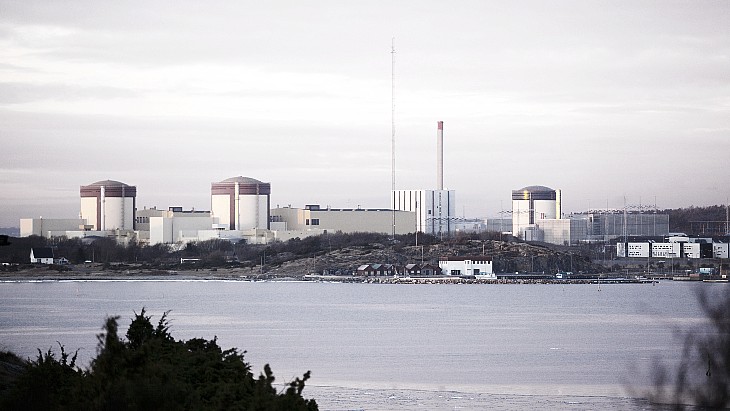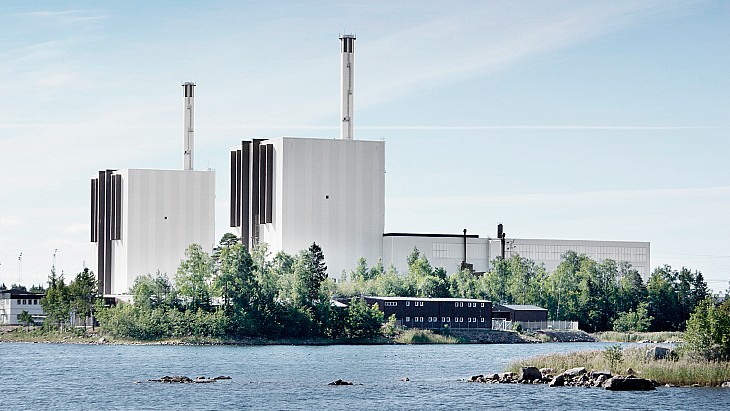The Forsmark plant has three boiling water reactors which began supplying power between 1980 and 1985. The units have an annual production of about 25 TWh of electricity. Vattenfall owns 66% of Forsmarks Kraftgrupp. Mellansvensk Kraftgrupp owns 25.5%, with Fortum as the largest shareholder, and Uniper (Sydkraft Nuclear Power) owns 8.5%.
Ringhals has two pressurised water reactors that were connected to the grid in 1980 and 1982 and generate 17 TWh per year. Vattenfall owns 70.44% and Uniper (Sydkraft Nuclear Power) 29.56% of Ringhals AB.
The owners of the two plants have decided to launch an in-depth investigation into extending the operation of the five units for a further 20 years. The study will include more detailed cost calculations and an analysis of identified risks in terms of expertise and suppliers, among other things. After this, a final investment decision can be made. Most of the necessary investments are planned to take place in the 2030s, Vattenfall noted.

Ringhals (Image: Vattenfall)
“The preliminary study that has been carried out shows that it is efficient to utilise investments that have already been made and that contribute to a low-carbon emissions electricity system," said Björn Linde, CEO of Forsmark Kraftgrupp AB and Ringhals AB. "Extending the operating time of existing reactors does not entail any complex licensing processes and we also believe that the additional nuclear waste can be accommodated within the system for nuclear waste from existing reactors."
To extend the operating time, investments of an estimated SEK40-50 billion (USD3.8-4.8 billion) are being made to replace or renovate systems and components. Technical needs include maintenance, refurbishment or replacement of components such as turbines, condensers, generators, as well as modernisation of control and monitoring systems. Investments are also required in switchyards and power lines, plant buildings and other infrastructure.
"Extending the operating life of the five reactors at Forsmark and Ringhals by 20 years could provide a total of more than 800 TWh of fossil-free electricity, which is roughly equivalent to today's Swedish electricity consumption for six years," Vattenfall said.
"Nuclear power will play an important role in Swedish fossil-free electricity production for many decades and it is therefore of the utmost importance to invest not only in new nuclear power, but also in our existing reactors," said Torbjörn Wahlborg, senior executive vice president of Generation in the Nordic region at Vattenfall. "After the extensive modernisations that have been carried out in the past, we see good prospects for extending the operating life up to 20 years."
Fortum said the decarbonisation of society and industry in accordance with climate goals "requires a reliable, competitive and fossil-free electricity system that can meet the sharp increase in electricity demand in the coming decades. Along with growing wind and solar power and the new flexibility required by the system, nuclear power plays an important role in this transition now and in the future."
Uniper said that, as a minority owner in the units, it supports the review into the possible extension of the Ringhals and Forsmark reactors. "It is probably the most cost-effective way to secure fossil-free power for a long time to come - and an enabler for new facilities," it said.







_55401.png)
_23009.jpg)






